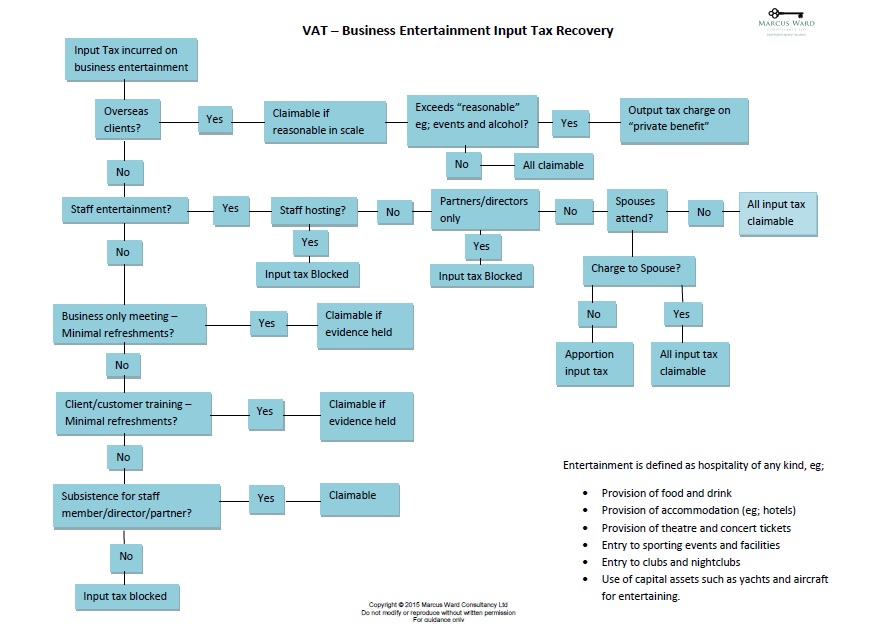It can be difficult finding the answer to simple questions on VAT/GST. So, I provide a summary below of the rates of VAT applicable in the major countries which apply VAT/GST and the amount of income per year that a domestic business may receive before it is required to VAT register. You, or your clients, will need to be aware of these if they have a Place Of Supply (POS) overseas. I hope that it is useful to have this information all in one place – a “cut out and keep” type document!
| Worldwide VAT/GST rates | Annual turnover limit for Registration | |||
| Standard rate | Reduced rates | National currency | Limit | |
| Australia | 10.0 | 0.0 | AUD | 75 000 |
| Austria | 20.0 | 10.0/13.0 | EUR | 30 000 |
| Belgium | 21.0 | 0.0/6.0/12.0 | EUR | 25 000 |
| Canada | 5.0 | 0.0 | CAD | 30 000 |
| Chile | 19.0 | N/A | CLP | None |
| Czech Republic | 21.0 | 10.0/15.0 | CZK | 1 000 000 |
| Denmark | 25.0 | 0.0 | DKK | 50 000 |
| Estonia | 20.0 | 0.0/9.0 | EUR | 40 000 |
| Finland | 24.0 | 0.0/10.0/14.0 | EUR | 10 000 |
| France | 20.0 | 2.1/5.5/10.0 | EUR | 82 800 |
| Germany | 19.0 | 7.0 | EUR | 17 500 |
| Greece | 24.0 | 6.0/13.0 | EUR | 10 000 |
| Hungary | 27.0 | 5.0/18.0 | HUF | 8 000 000 |
| Iceland | 24.0 | 0.0/11.0 | ISK | 2 000 000 |
| Ireland | 23.0 | 0.0/4.8/9.0/13.5 | EUR | 75 000 |
| Israel | 17.0 | 0.0 | ILS | 99 003 |
| Italy | 22.0 | 4.0/5.0/10.0 | EUR | 65 000 |
| Japan | 8.0 | N/A | JPY | 10 000 000 |
| Korea | 10.0 | 0.0 | KRW | 30 000 000 |
| Latvia | 21.0 | 5.0/12.0 | EUR | 40 000 |
| Lithuania | 21.0 | 5.9/9.0 | EUR | 45 000 |
| Luxembourg | 17.0 | 3.0/8.0/14.0 | EUR | 30 000 |
| Mexico | 16.0 | 0.0 | MXN | None |
| Netherlands | 21.0 | 9.0 | EUR | 1 345 |
| New Zealand | 15.0 | 0.0 | NZD | 60 000 |
| Norway | 25.0 | 0.0/12.0/15.0 | NOK | 50 000 |
| Poland | 23.0 | 5.0/8.0 | PLN | 200 000 |
| Portugal | 23.0 | 6.0/13.0 | EUR | 10 000 |
| Slovak Republic | 20.0 | 10.0 | EUR | 49 790 |
| Slovenia | 22.0 | 9.5 | EUR | 50 000 |
| Spain | 21.0 | 4.0/10.0 | EUR | None |
| Sweden | 25.0 | 0.0/6.0/12.0 | SEK | 30 000 |
| Switzerland | 7.7 | 0.0/2.5/3.7 | CHF | 100 000 |
| Turkey | 18.0 | 1.0/8.0 | TRY | None |
| United Kingdom | 20.0 | 0.0/5.0 | GBP | 85 000 |
Source National Delegates – position as at 1 January 2019
Notes
Reduced rates include zero-rates applicable to domestic supplies (ie; exemption with right to deduct input tax). They do not include zero-rated exports or other supplies subject to similar treatment such as international transport.
Registration/collection thresholds identified in this table are general concessions that relieve domestic suppliers from the requirement to register for and/or to collect VAT/GST until such time as they exceed the turnover threshold. Thresholds shown in this table apply to businesses established in the country. In most countries, the registration threshold does not apply to foreign businesses ie;. businesses having no seat, place of business, fixed establishment, domicile or habitual residence within the country.

